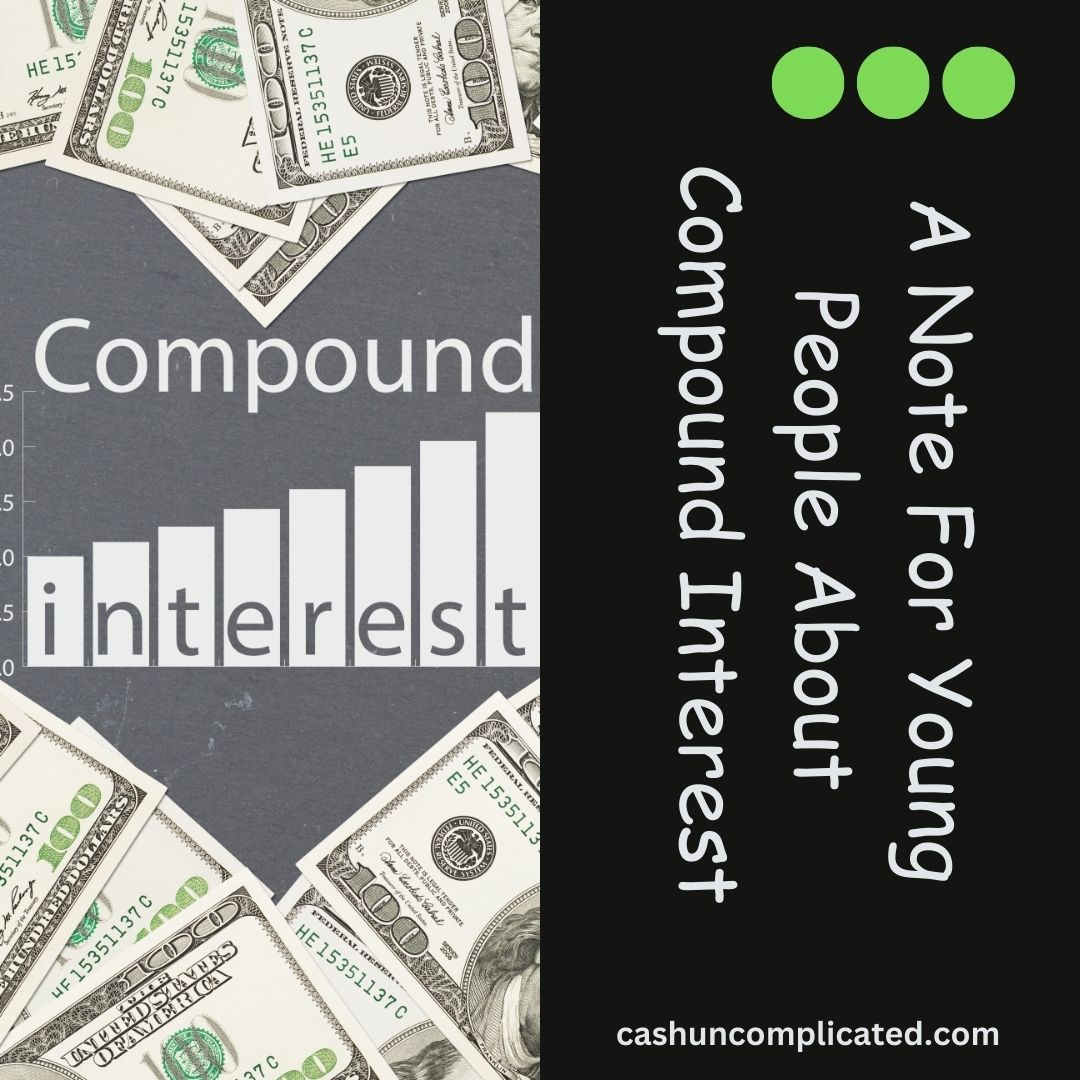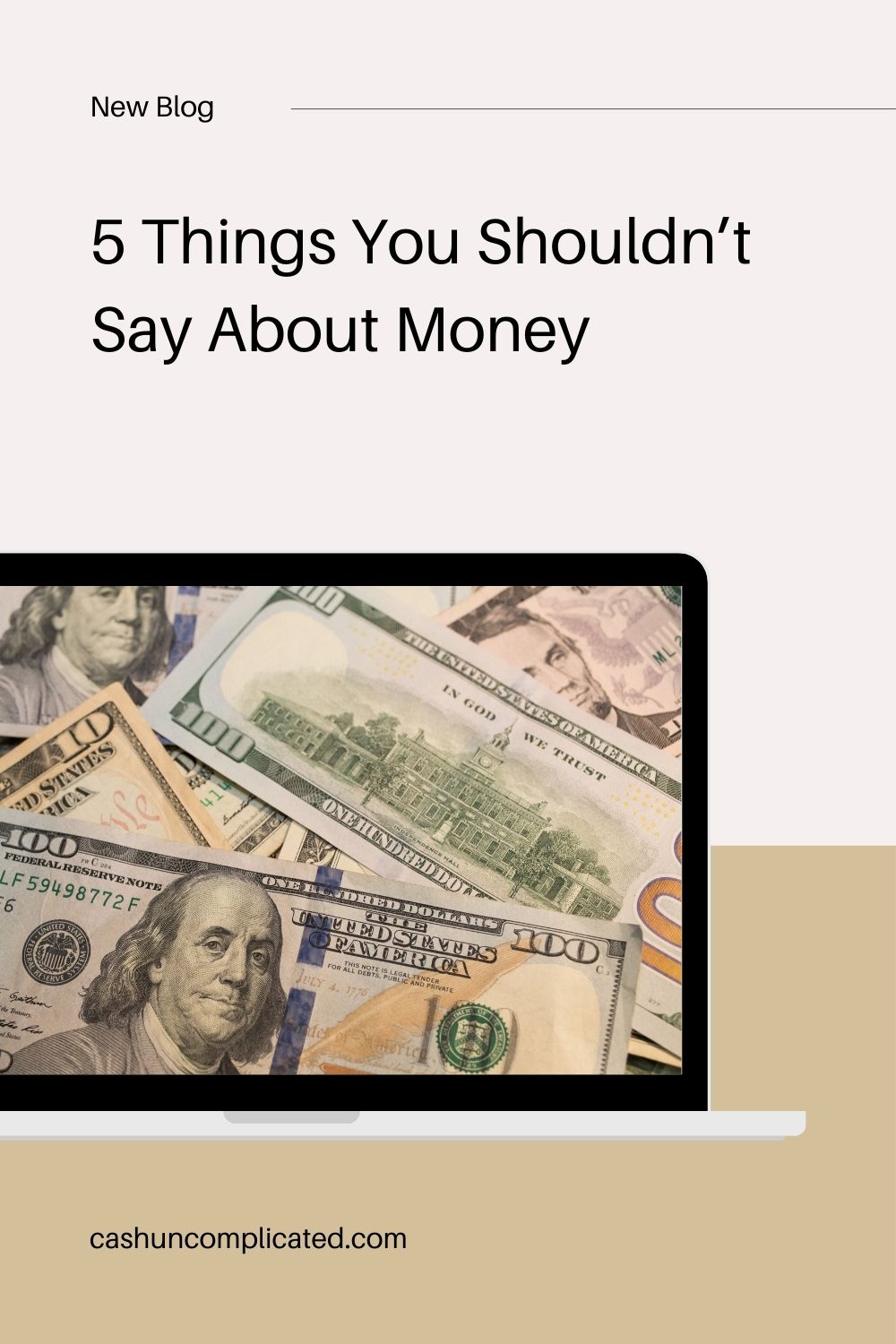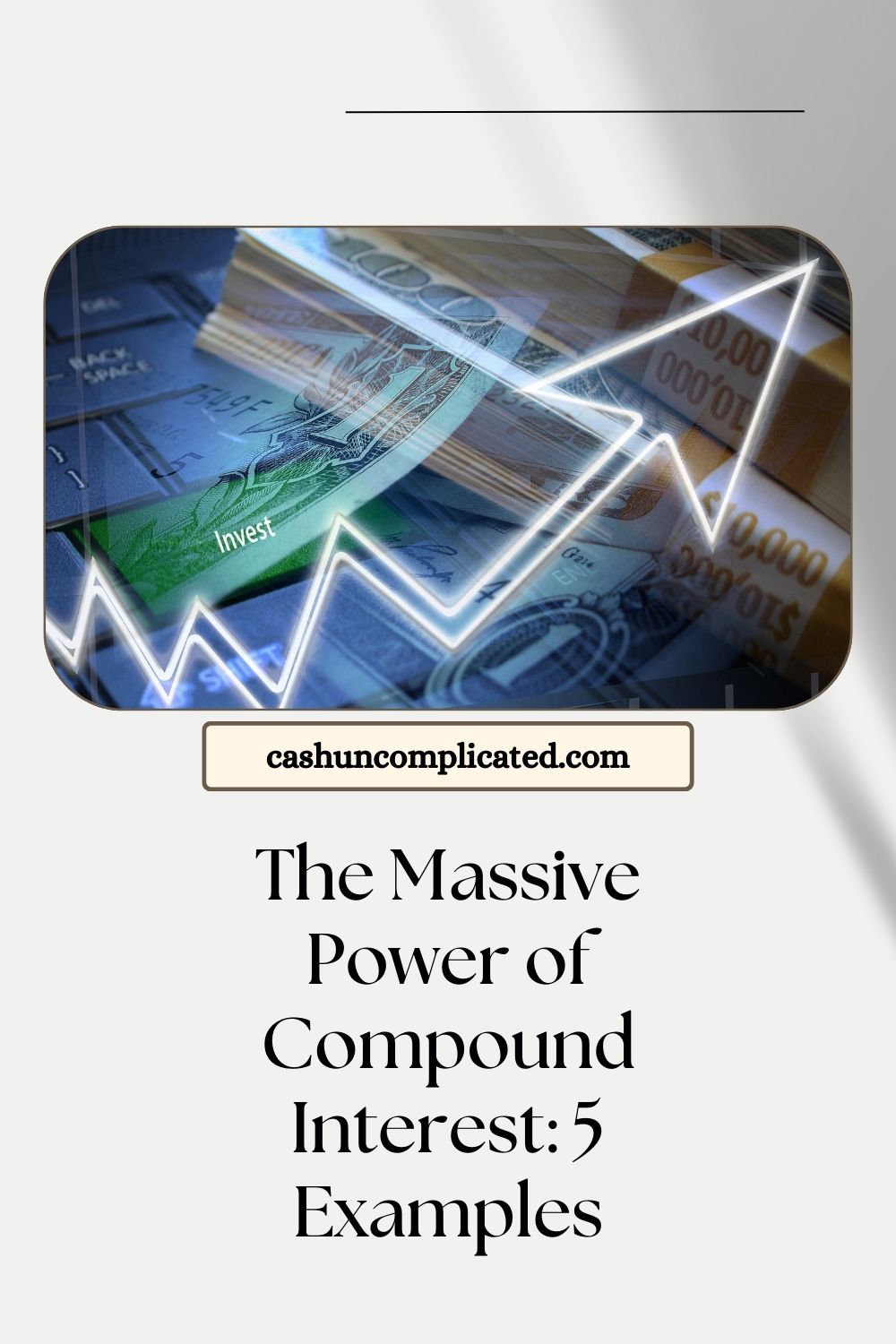Here’s a note on compound interest for all the young people, or those who can help shape young people. I’m writing this as an adult in my mid 40’s who missed out on a lot of years of compound interest because I wasn’t educated, and didn’t take the time to educate myself on how money works.
Fortunately I turned things around in my 30’s to get ahead of the game, but I sometimes think about the years of compounding I missed. That’s why I’m writing this short post.
Opportunity
The younger you are, the more opportunity you have for compounding. One of the exponents in compound interest is time, and the younger you are, the more time you have. So an 18 year-old has more time than a 20 year-old, and the 20 year-old has more time than a 25 year-old. The 25 year-old has a lot more time than the 40 year-old.
The earlier someone starts, the less they will have to invest as an older person. That may not mean a lot right now to a 19 year-old but it will definitely matter when they are 45. And it will really matter when they are 60.
The Numbers
These are the numbers I wish I paid attention to when I was younger. I think I remember seeing similar visuals but it never impacted me, and I know for a fact I paid little attention to them. My hope is that someone reading this will learn from my mistakes and do things differently than I did.
- An 18-year old who invests $250 per month until age 60 will have $1,774,202
- A 22 year-old who invests $300 per month until age 60 will have $1,441,612
- A 30 year investing $500 per month until age 60 will have $1,085,661
- A 45 year-old who invests $3,000 per month until age 60 will have $1,258,190
Note: These hypotheticals are all assuming a 10 percent rate of return.
These numbers are dramatic. The earlier you start, the less you’ll need to invest. Plus, you can start early and then invest more, which will only magnify your already astounding returns. There are so many ways to win if you start early.
What If I Didn’t Start Early?
Don’t feel bad if you didn’t start early. I started late and am doing fine. I just know that I would have been a lot better off had I started earlier. Even without knowing you, I can say the same for you.
If you’re older and wish you’d invested earlier, don’t fret, there are ways to catch up. It’s just not as easy as if you had started younger. The real purpose of this short post was for young people to see how much potential they have with money as long as they start now, not to make older people feel bad.
An older person also has value that nobody else can: experience. You sharing your story might just change the life of a person who needs to hear it. It’s one thing to read about compound interest online, but when a trusted relative or parent talks about it, they’re likely to listen.
Conclusion: Think of the Opportunity
If you’re reading this while still under the age of 30, think of the opportunity you have. If you start now, there are years and years of compounding ahead.
Using the Rule of 72, your investments will double approximately every 7.2 years assuming a 10 percent rate of return. If you’re 25 years old, that’s almost six cycles of doubling until you reach 65 (40 years divided by 7.2). Think about that, six cycles of your money doubling!
I wrote this so you can get all the benefits of compounding. You’ve got years and years of it, but you’ve got to start now to take full advantage.
Have you taken advantage of compound interest?







